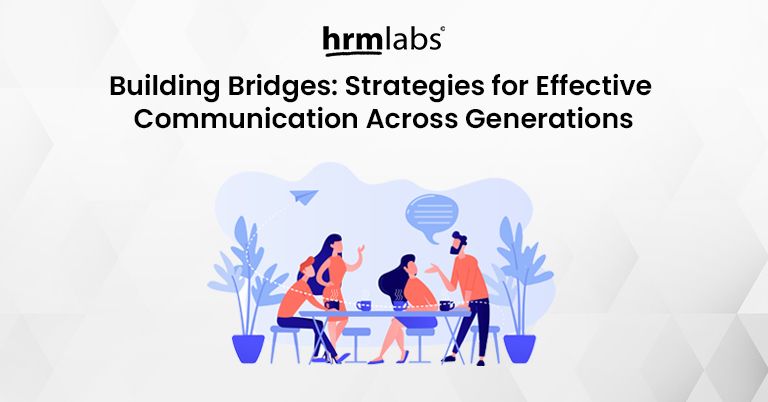In the diverse and dynamic workplace of Singapore, one of the most intriguing challenges is the interaction between different generations. With Baby Boomers, Generation X, Millennials, and Generation Z all sharing the same workspace, the potential for misunderstanding and conflict is high due to differing communication styles and values.
However, these differences also present an opportunity for growth, innovation, and mutual understanding. Let’s explore the challenges and provide practical strategies for fostering effective communication and understanding among employees of different generations.
Understanding the Generation Gap
Each generation brings its unique set of values, attitudes, and experiences to the workplace. Baby Boomers (born 1946-1964) are often seen as hardworking and motivated by position, perks, and prestige. Generation X (born 1965-1980) are known for their independence and skepticism, while Millennials (born 1981-1996) value flexibility, technology, and meaningful work. The youngest generation in the workforce, Generation Z (born 1997 and later), are true digital natives who value individuality, creativity, and social impact.
These differences can lead to misunderstandings and conflict. For example, a Baby Boomer may see a Millennial’s desire for work-life balance as a lack of commitment, while a Millennial might perceive a Boomer’s adherence to a traditional 9-5 schedule as inflexibility.
Bridging the Gap: Strategies for Effective Communication
- Promote Mutual Respect and Understanding: Encourage employees to learn about the values and communication styles of different generations. This can be achieved through team-building activities, workshops, or informal social events. Understanding leads to empathy, reducing stereotypes and biases.
- Leverage Strengths: Each generation has its strengths. For example, Baby Boomers and Gen Xers have a wealth of experience and industry knowledge, while Millennials and Gen Z are tech-savvy and adaptable. Encourage knowledge sharing and collaboration to leverage these strengths.
- Adopt a Flexible Communication Style: Different generations have different communication preferences. While older generations may prefer face-to-face or phone conversations, younger generations might prefer emails or instant messaging. Adopt a flexible communication style that caters to these preferences.
- Create Inclusive Policies and Practices: Policies and practices should reflect the needs and values of all generations. This could include flexible working arrangements, continuous learning opportunities, and a robust feedback system.
In Singapore, the multigenerational workforce is a reality. The city-state’s commitment to lifelong learning and skills development, as embodied in the SkillsFuture initiative, provides a strong foundation for intergenerational learning and collaboration. Moreover, organizations like the Centre for Seniors and the National Youth Council have programs that promote intergenerational understanding and cooperation.
In conclusion, while generational differences can pose challenges, they also present opportunities for growth and innovation. By fostering a culture of respect, understanding, and flexibility, organizations in Singapore can harness the power of their multigenerational workforce to drive success in the 21st century.

While you focus on your employees well-being, leave your HR tasks and payroll process to HRMLabs. HRMLabs is a powerful HRMS for small and medium-sized enterprises in Singapore, providing solutions to automate and centralize human resource management, payroll, and attendance.
With features such as automatic payroll processing and government compliance updates. HRMLabs help companies create a more efficient and inclusive work environment for all generations. Embrace the future of HR management and unlock the full potential of your diverse workforce.



